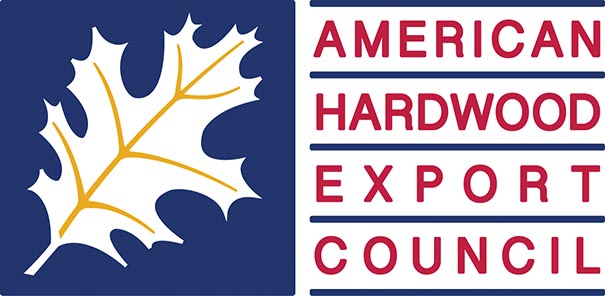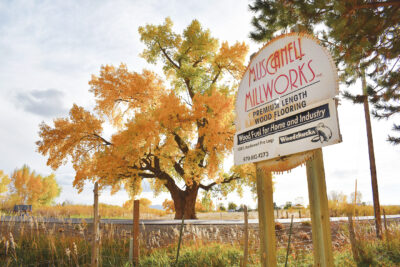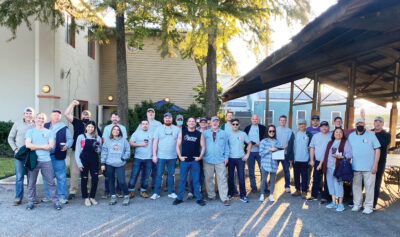
On November 17, 2021, the European Commission (EC) announced a proposal for a new Regulation to reduce global deforestation and forest degradation driven by EU consumption of certain commodities. If enacted the law would have a profound effect on EU trade in the regulated wood and agricultural commodities. It would represent a very significant extension of state intervention in European commodities trade even compared to the existing controls imposed through the EUTR.
The new law would prohibit regulated commodities and derived products from being placed on the EU market unless they can be shown to be “deforestation-free” and “forest degradation-free”, produced in accordance with applicable laws, and covered by a “due diligence statement.” The proposed regulation would impose mandatory due diligence rules on companies to ensure that only compliant commodities and products enter the EU market or are exported from it. The regulation would repeal the EU Timber Regulation (EUTR), which already imposes mandatory due diligence rules on EU timber traders.
There is a lot of detail to still be worked out and agreed on before this proposal can become law and already serious doubts have been expressed by the European wood sector about how it can be implemented as written and fairly enforced. Rather than create a more level playing field for wood by expanding legislation across a range of agricultural commodities, the concern is it could have the opposite effect. The inclusion of legal as well as illegal deforestation, and the addition of forest degradation for wood products are obvious controversies, but also country benchmarking to ascertain risk, is likely to be seen as protectionist and could be challenged under WTO rules.
Judging from a recent article in the Guardian, a national newspaper in the UK, some of these concerns are shared by the EC’s own trade officials. The article draws on what the Guardian describes as a “leaked memo” prepared by EU trade officials. According to the Guardian, EC trade officials have argued internally against the provision to regulate products linked to all deforestation, legal or illegal, and instead recommend that the law should clamp down only on illegal deforestation.
The “leaked memo” allegedly states that the law in its present form would be “a direct challenge to notions of sovereignty over land use decisions, whether in the EU or in third countries” and suggests that refocusing the law on illegal deforestation would bring the EU into line with the U.S. and UK, who are considering narrower laws.
According to the Guardian, the trade officials also say the costs of complying with the EU law would hurt subsistence-level farmers and warn of retaliation by foreign governments through the WTO. The officials also argue that the law should be limited to deforestation rather than forest degradation, citing the absence of international definitions on the latter, which they say would make the law hard to enforce.
Our conclusion at this stage is that the proposal on the table once again puts wood at a disadvantage. So, there is likely to be hard negotiation both within the EC and externally before this law is passed. But there is no doubt change is coming as the EC have committed to prioritizing deforestation as part of their Green Deal. If this proposal doesn’t get the full backing of the European Parliament and Council then compromise will have to be sought. Either way it is likely to be a couple of years before the new law is implemented. In theory a risk based due diligence approach should not present unsurmountable hurdles for the U.S. Hardwood industry. If the U.S., across all listed commodities, is deemed a “low risk” region by the EU then this is potentially good news for U.S. Hardwood access to European markets.








